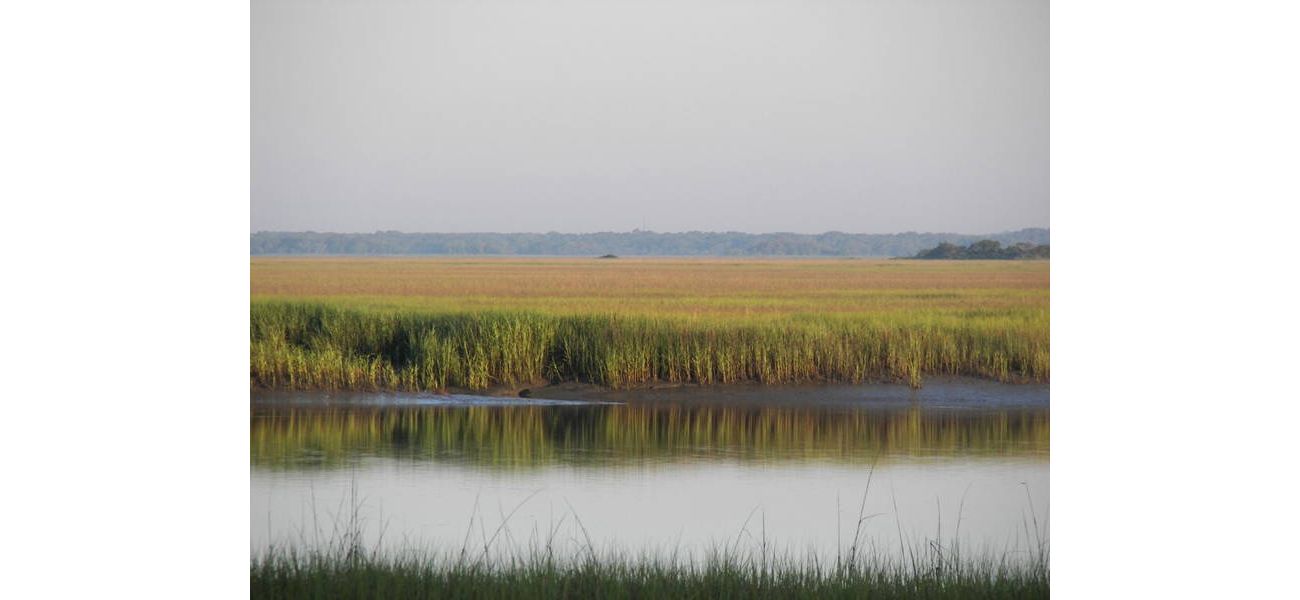Celebrating 160 years of preserving Black history in the Lowcountry of South Carolina, the Avery Research Center has played a crucial role in preserving and promoting the rich heritage of the region.
It has evolved into a research center preserving its legacy and history for modern scholars.
November 16th 2025.

The Avery Research Center, a prominent institution dedicated to the study of Black life in South Carolina's Lowcountry, has recently achieved a significant milestone. It's been around for over 160 years, ever since the establishment of the Avery Normal Institute. This was a crucial step towards educating previously enslaved Black individuals in the coastal region of the southeastern United States. It was a groundbreaking accomplishment that provided opportunities for the area's Black community to learn new skills and careers after the abolition of slavery.
Originally, the institute served as a traditional private school for the children of formerly enslaved people. However, over time, it has evolved into a research center that aims to preserve and honor the legacy and history of Black individuals in the Lowcountry. As a part of the College of Charleston, it has been officially renamed as the Avery Institute of Avery Research Center for African American History and Culture at the College of Charleston. It now serves as a repository for numerous archives that shed light on this lesser-known part of history. Many individuals who have a connection to the Lowcountry, whether it be through their family or cultural heritage, often turn to the Avery Research Center to reconnect with their roots.
"We always welcome you home when you come to the Avery," said Daron Lee Calhoun II, a prominent figure at the center, in an interview with WCSC. "Because within our walls, you will be able to find yourself, your family, and anything related to your history." The original building that housed the institute still stands today, with its pillars serving as a reminder of the community of formerly enslaved Black individuals who built it with their own hands.
The Avery Research Center's extensive collection of documents and artifacts has inspired many scholars, including renowned writer and activist W.E.B. Du Bois and civil rights activist Septima Clark. In fact, Clark was also a graduate of the original school. Some of her personal belongings, such as handwritten papers and a note from Langston Hughes, are still kept at the center. These items, along with many others, offer a glimpse into the daily lives and culture of Black individuals in this part of America. The center hopes that people, regardless of their connection to the Lowcountry, will make the journey to the coast and explore this rich history.
"We are not gatekeepers of history, but we are here to share it with the world," stated Calhoun. To celebrate its generational legacy of preserving Black life in the Lowcountry, the Avery Research Center will be hosting a 2025 Avery Family Reunion. This joyous occasion will take place on November 16, featuring live music, traditional storytelling, and more. It's a communal celebration that aims to honor and highlight the contributions of Black individuals in this region and beyond. This event is just one of the many ways in which the Avery Research Center continues to fulfill its mission of sharing the history of the Lowcountry with the world.
Originally, the institute served as a traditional private school for the children of formerly enslaved people. However, over time, it has evolved into a research center that aims to preserve and honor the legacy and history of Black individuals in the Lowcountry. As a part of the College of Charleston, it has been officially renamed as the Avery Institute of Avery Research Center for African American History and Culture at the College of Charleston. It now serves as a repository for numerous archives that shed light on this lesser-known part of history. Many individuals who have a connection to the Lowcountry, whether it be through their family or cultural heritage, often turn to the Avery Research Center to reconnect with their roots.
"We always welcome you home when you come to the Avery," said Daron Lee Calhoun II, a prominent figure at the center, in an interview with WCSC. "Because within our walls, you will be able to find yourself, your family, and anything related to your history." The original building that housed the institute still stands today, with its pillars serving as a reminder of the community of formerly enslaved Black individuals who built it with their own hands.
The Avery Research Center's extensive collection of documents and artifacts has inspired many scholars, including renowned writer and activist W.E.B. Du Bois and civil rights activist Septima Clark. In fact, Clark was also a graduate of the original school. Some of her personal belongings, such as handwritten papers and a note from Langston Hughes, are still kept at the center. These items, along with many others, offer a glimpse into the daily lives and culture of Black individuals in this part of America. The center hopes that people, regardless of their connection to the Lowcountry, will make the journey to the coast and explore this rich history.
"We are not gatekeepers of history, but we are here to share it with the world," stated Calhoun. To celebrate its generational legacy of preserving Black life in the Lowcountry, the Avery Research Center will be hosting a 2025 Avery Family Reunion. This joyous occasion will take place on November 16, featuring live music, traditional storytelling, and more. It's a communal celebration that aims to honor and highlight the contributions of Black individuals in this region and beyond. This event is just one of the many ways in which the Avery Research Center continues to fulfill its mission of sharing the history of the Lowcountry with the world.
[This article has been trending online recently and has been generated with AI. Your feed is customized.]
[Generative AI is experimental.]
0
0
Submit Comment





